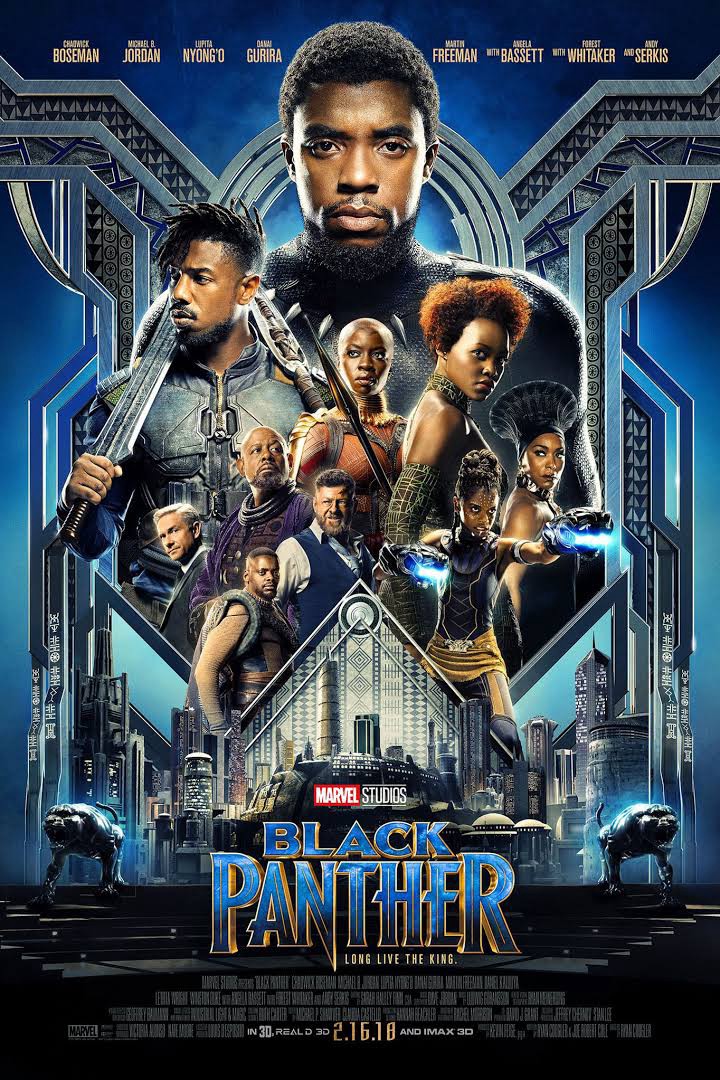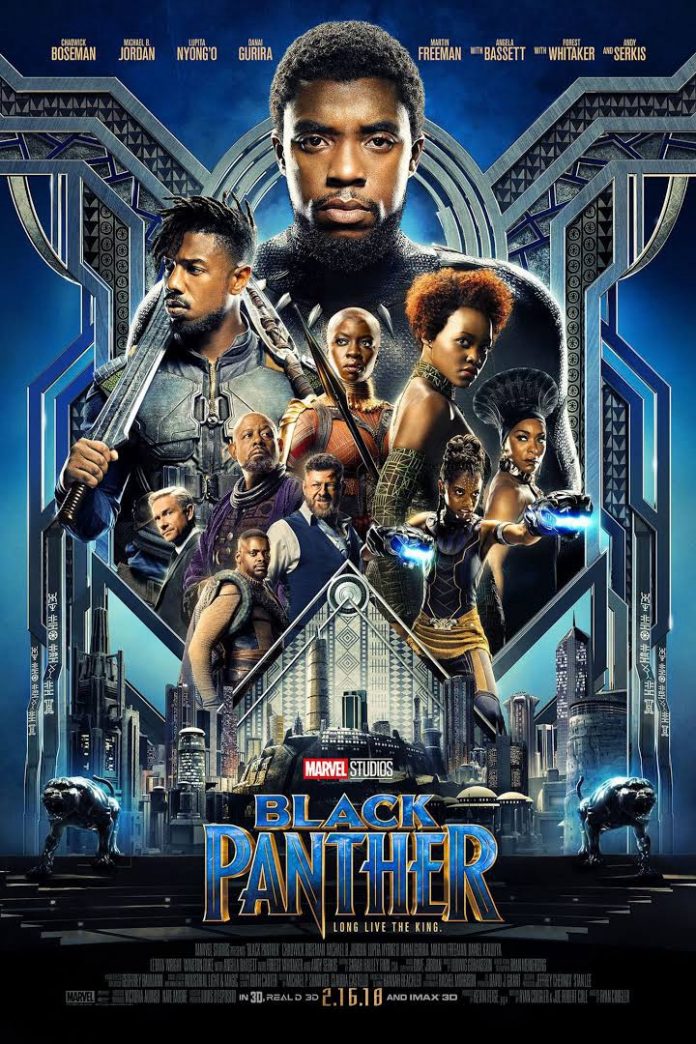Black Panther became a sensation overnight for telling a great story about characters whose stories deserve to be told.

Every once in a while, a movie comes along that becomes a political rallying point for those demanding representation on screen. This time, it happens to be a superhero comic book movie.
Black Panther, the latest effort from Disney and Marvel Studios, shows us a different kind of hero. Chadwick Boseman plays T’Challa, the newly appointed king of Wakanda. Wakanda is a fictional Afrofuturistic country that uses impossibly advanced technology to develop its own nation and hide from the rest of the world.
The movie first gained attention for featuring a near entirely black cast and for its portrayal of African culture. It not only gives the stage to heroes who deserve it, but let’s them play in a great story, too.
Ryan Coogler takes the directors chair for the third time here, and cements himself as one of most reliable young directors in the game. His first film Fruitvale Station received critical acclaim in the indie circuit, and Creed, a Rocky reboot of sorts, masterfully modernized the series. This is an essential step forward for Coogler in what will hopefully be a long career.
The movie spends its first act building up Wakanda, which is beautifully portrayed, albeit an uneven mixture of progress versus tradition. On one hand, the nation has mastered technology — our first glimpse of the setting comes when the characters fly a spaceship through an invisible dome that covers the entire nation, allowing us to drink in Rachel Morrison’s excellent cinematography.
But on the other hand, the country’s traditions remain primitive. When T’Challa steps up to claim the throne, he also becomes the Black Panther — a title passed down through generations that grants the holder superhuman strength and access to unlimited technology. But first there is a ceremony where any Wakandan can challenge T’Challa for the throne in one-on-one combat, which seems oddly out of sync with the country’s advancements.
But nonetheless, T’Challa claims the throne and its powers and embarks on several missions to keep Wakanda’s secret safe from the rest of the world. The movie’s greatest strength lies with its action sequences. T’Challa’s sister Shuri (scene stealer Letitia Wright) has cooked up numerous gadgets to use in combat, James Bond-style. Action scenes involve spears that can be charged up as cannons, cars driven remotely via simulation and a suit that stores up and explodes with kinetic energy.
Boseman delivers a strong performance as the titular hero, though Michael B. Jordan undeniably walks away with the movie. He plays Eric Stevens, an American we first see robbing an art museum of pieces that are actually Wakandan. He grows into the role of the film’s villain, though comes from a very real, sympathetic place. He and T’Challa are exact opposites — one is privileged and knows his legacy, and the other lost everything at a young age. Once the two start clashing, it becomes a rare film where the villain might actually be right. It’s the mark of a great story (written by Coogler and Joe Robert Cole) to challenge its viewer in that way.
In a debut as sure-footed as this, the only real issue is its clearly rushed post-production phase — editors needed more time to clean up the CGI, which is noticeably weak at points. It can distract in big action scenes when a move looks entirely unrealistic.
The surrounding cast is great, too — Lupita Nyong’o plays a Wakandan spy who wants to leave her country behind to see the world, and Danai Gurira (The Walking Dead) plays Okoye, a fiercely traditionalist warrior who leads T’Challa’s all-female warrior squad.
The film is already a box office goliath – — it scored the fifth highest opening weekend in the country ever. To put that in perspective, the only films it didn’t beat are a couple of Star Wars movies, Jurassic World and the first Avengers – — so, a movie from the same series that featured about six more superheroes.
It’s successful not just because it’s a good movie about African-American characters and culture — it fully commits to showing depth and dimensionality to them as well. Wakanda forever. ••





